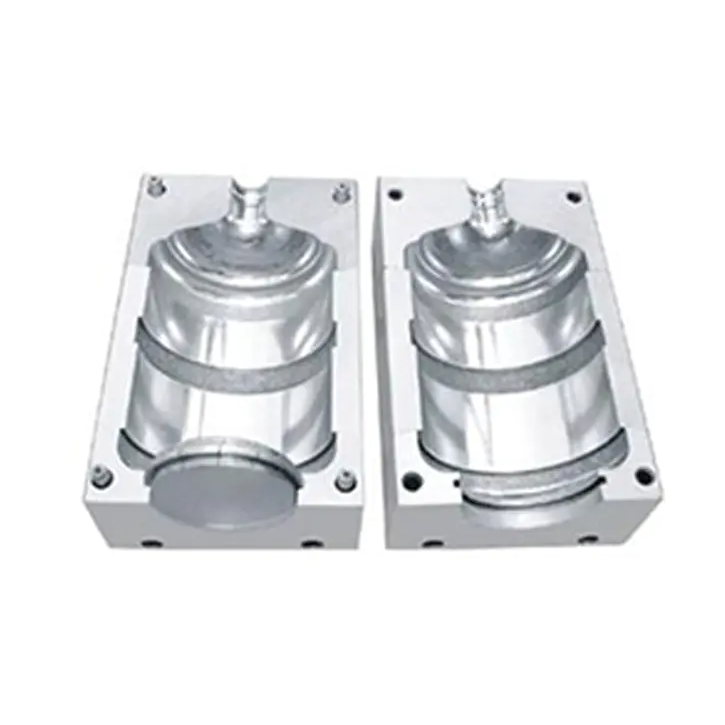The Essential Function of Bottle Blowing Machines in Plastic Bottle Production

Bottle blowing machines are essential equipment in the production of plastic bottles used in a variety of industries, including food and beverage, pharmaceuticals, and household products. These machines are responsible for transforming plastic preforms into fully formed bottles. The process involves heating, stretching, and blowing air into the preform to achieve the desired bottle shape and size. The importance of bottle blowing machines cannot be overstated, as they enable manufacturers to produce high-quality, durable, and cost-effective bottles in large volumes.
The process begins with the injection molding of a plastic preform, which is a small, thick-walled tube that resembles the shape of a bottle. The preform is made from materials such as PET (polyethylene terephthalate), which is widely used due to its strength and suitability for a range of products. Once the preform is ready, it is transferred to the blowing machine for the next phase.
Bottle blowing machines typically use a two-stage or single-stage process. In a two-stage system, the preform is first heated and then transferred to a blowing station where air is injected into the mold, causing the plastic to expand and take the shape of the mold. In a single-stage process, both the molding and blowing steps occur in one integrated system, which can be more efficient in terms of space and energy consumption.
One of the key benefits of bottle blowing machines is their ability to produce bottles with consistent quality. The machines ensure uniform wall thickness and accurate dimensions, reducing material waste and ensuring that each bottle meets the required standards for strength and shape. The precise control over air pressure and temperature during the molding process also minimizes defects, such as air pockets or weak spots, that can affect the integrity of the final product.
In addition to high-quality production, bottle blowing machines contribute to increased production speed and efficiency. As these machines are designed for continuous operation, they can produce large volumes of bottles in a short amount of time, which is essential for industries with high demand. Automated features in modern machines, such as automated preform feeding, bottle removal, and quality inspection, further enhance the efficiency of the production process.
In conclusion, bottle blowing machines are crucial in the manufacturing process of plastic bottles. They enable consistent production of high-quality bottles at a fast pace, helping companies meet the demands of various industries. By using advanced technology and automation, these machines contribute to the overall efficiency and reliability of bottle production.
- Art
- Causes
- Crafts
- Dance
- Drinks
- Film
- Fitness
- Food
- Games
- Gardening
- Health
- Home
- Literature
- Music
- Networking
- Other
- Party
- Religion
- Shopping
- Sports
- Theater
- Wellness


